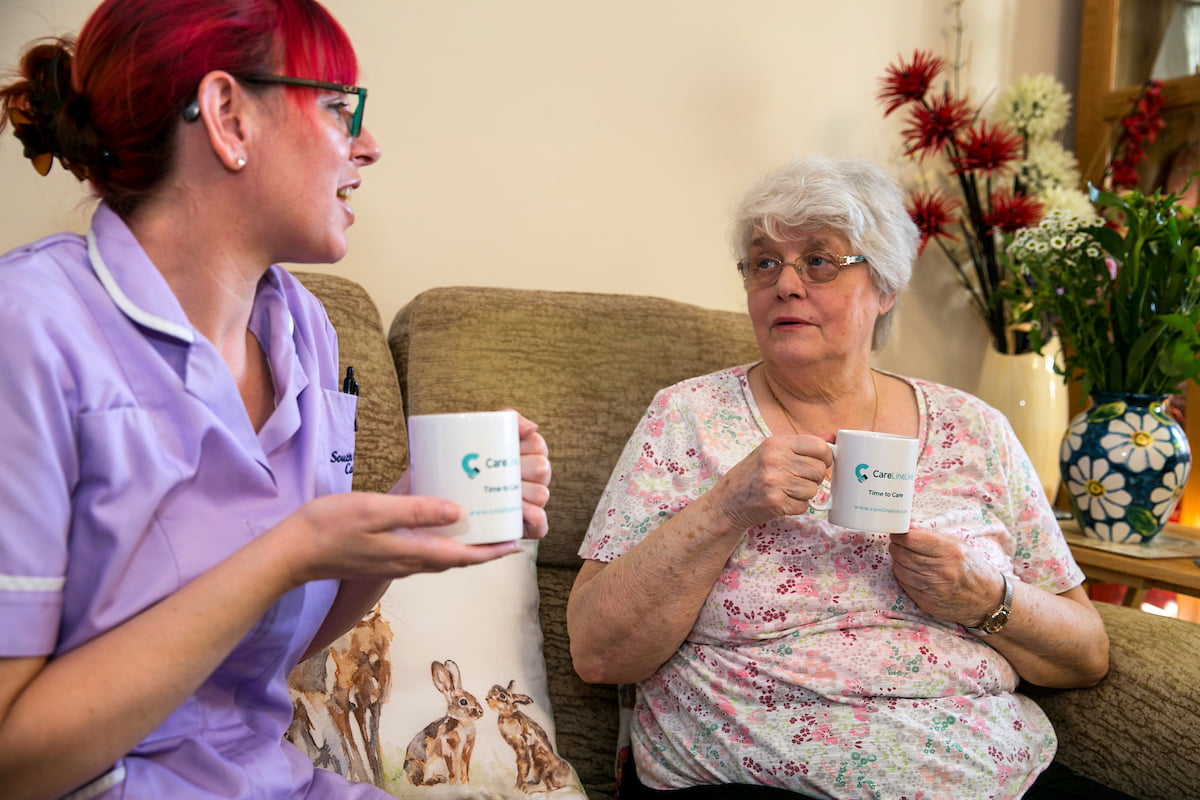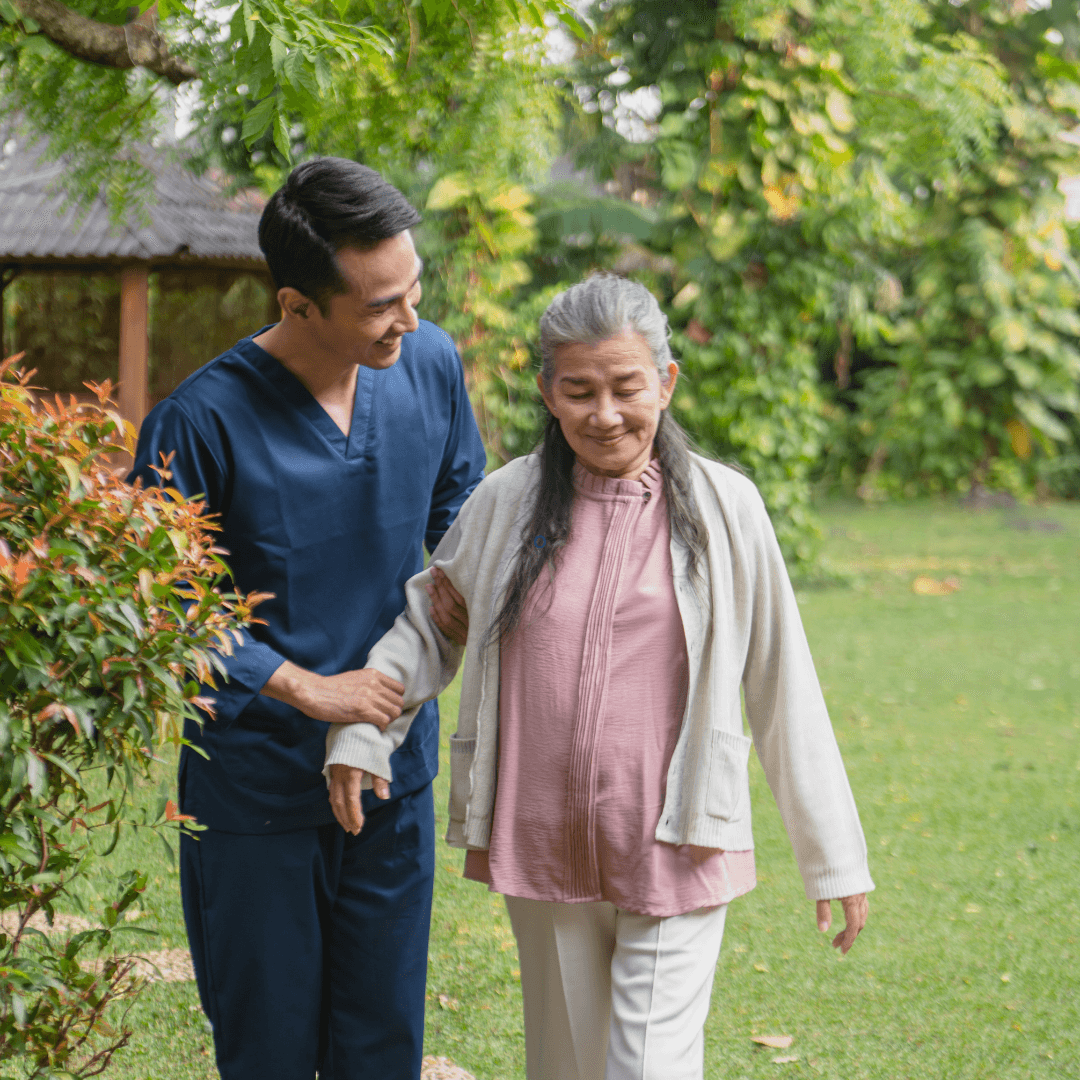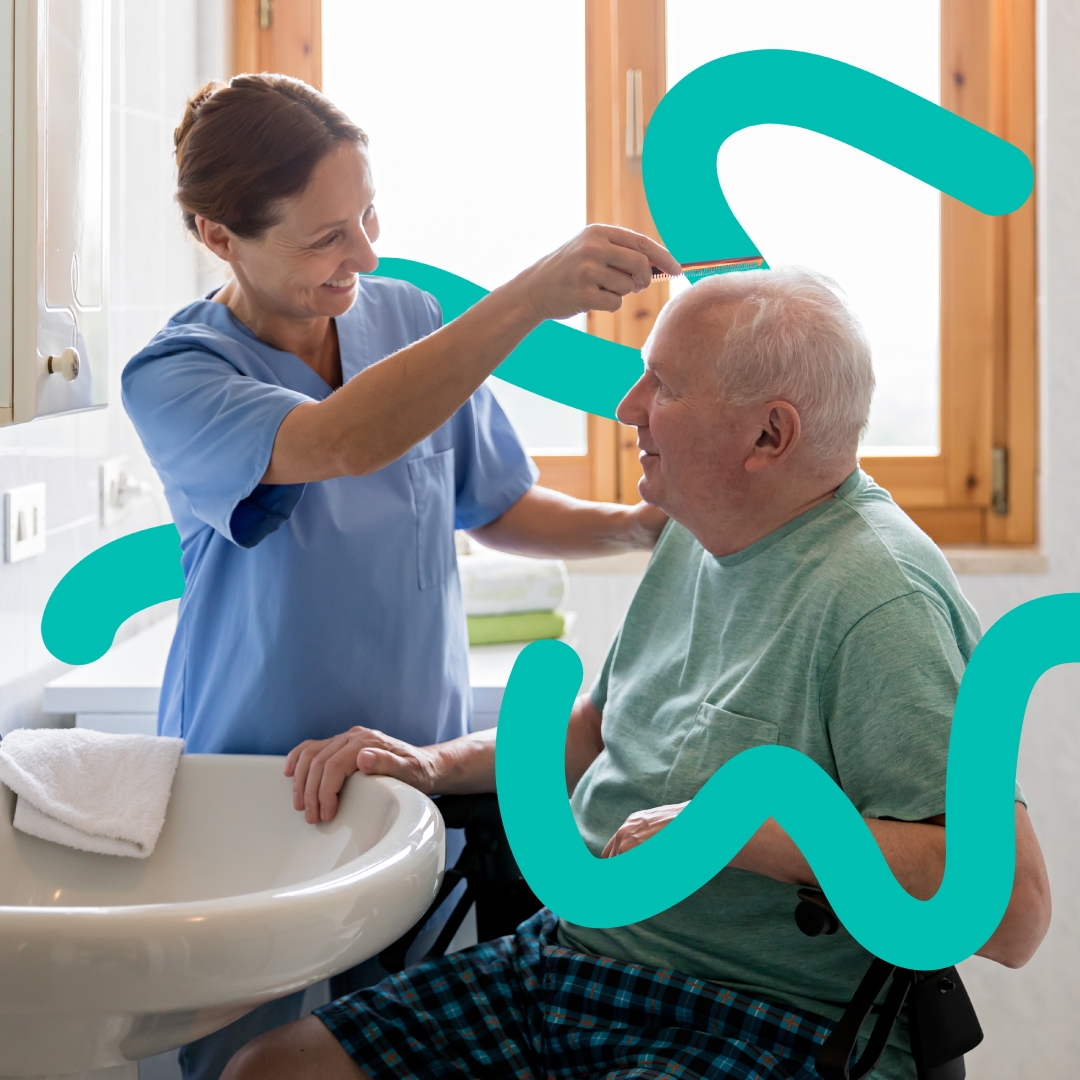At times, looking after an elderly relative can be demanding as it can bring a number of challenges; will I be there at the right time to provide the care they need? Do I have enough spare time to look after my relative properly? Can I provide the right care?
Many older people want to retain their independence and stay in their own home surrounded by familiarity and their own home comforts. When an elderly relative starts to need more and more help, it’s important to spot the signs of when additional help is required and what type of care is needed:
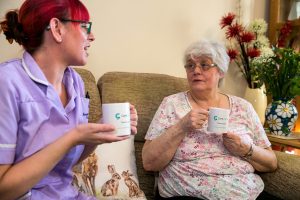
Personal Care
Some elderly people start to require help with personal care as they start to struggle with day-to-day activities such as getting in and out of bed, washing, dressing and help with toileting.
Nursing
Some also need help with taking medication, specialist nursing care and/or eating and drinking.
Home Care
There are also older people who need assistance with basis housekeeping; such as food preparation, cleaning, laundry and managing house finances, for example; paying bills and dealing with monies.
Social Care
In addition elderly relatives may also need help with shopping, getting out of the house to do daily errands/meet friends. And as over half (51%) of all people aged 75 and over live alone (ONS, 2010), some elderly people enjoy companionship in their own home, which due to circumstances can sometimes not be given regularly by their own family and friends.
Care provided by home care and domiciliary care agencies can have a huge positive effect on an elder relative’s day-to-day life and allow them to retain their independence in their own home.
Carers working for such agencies can provide a range of services that can suit the needs of an individual within their own environment. Services range from helping look after a loved ones’ personal care to social care to helping them to prepare meals as and when necessary. Specialist help can also be provided to help with medication and nursing tasks, for example: checking someone’s blood pressure.
Making the decision to seek additional help for an elderly relative is of huge importance but finding the right care provider and care can ultimately provide both you and your elder relative with peace of mind. Some older people may be eligible for support from their local council, for such help a care needs assessment is required that looks at how a relative’s care needs may be met, for more information visit https://www.nhs.uk/conditions/social-care-and-support/assessment-care-needs/
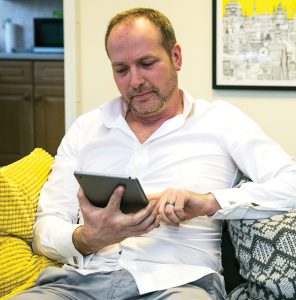 It’s important when choosing a home or domiciliary care agency that you get a good understanding of how they communicate with their customer’s relatives or friends to ensure you are always kept up to date with your elder relative’s care and any issues. CareLineLive’s Mobile App, used by some UK home care agencies, allows carers to report back to their head office on any issues or updates instantly so any problems can be dealt with quickly and effectively. Relatives and friends are also able to have instant access to visit schedules/confirmation and care information through CareLineLive’s Family & Friends website.
It’s important when choosing a home or domiciliary care agency that you get a good understanding of how they communicate with their customer’s relatives or friends to ensure you are always kept up to date with your elder relative’s care and any issues. CareLineLive’s Mobile App, used by some UK home care agencies, allows carers to report back to their head office on any issues or updates instantly so any problems can be dealt with quickly and effectively. Relatives and friends are also able to have instant access to visit schedules/confirmation and care information through CareLineLive’s Family & Friends website.
For more tips on choosing a home care agency read our blog.
